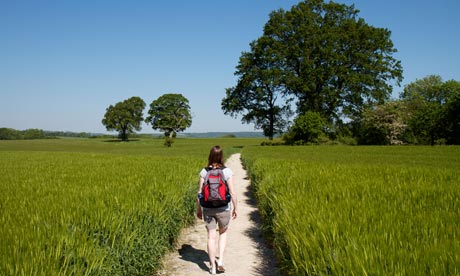
It is no secret that Northern Ireland is one of only two EU countries where abortion is illegal - but the gruelling trips that young women make to access services abroad are often clandestine.
Because the 1967 Abortion Act does not apply in the region, almost 150 girls under the age of 16 travelled to England or Wales to end a pregnancy in 2012, according to the UK Department of Health. A further 111 girls between the ages of 16 and 17 also made the journey. The Health Service Executive Crisis Pregnancy Programme also notes that the Netherlands has emerged as the other jurisdiction to which women from Ireland were travelling in significant numbers for abortion procedures.
However, the overall number of females travelling to England and Wales for abortions dropped for the 10th year in a row, from 4,402 in 2010 to 4,149 last year, a 7% decrease. Niall Behan, chief executive of the Irish Family Planning Association, says this is down to improved access to sexual health education in schools and to emergency contraception.
"It is easy to lose sight of the story of the individual girl with an unplanned pregnancy within the context of varying legal and socio-cultural barriers and her journey to access safe abortion services," warns the International Planned Parenthood Federation (IPPF). The reality is that girls are often alone and confused about which options are available to them and unable to cope with the financial and emotional implications of their choice.
In America, 15 states allow children to obtain an abortion without parental consent and 40% of minors who have had an abortion report that neither parent knew about it, according to the Alan Guttmacher Institute, the research arm for Planned Parenthood in America. Access to services in Southern and Midwestern states is "dismal", according to Provide. In 2008, 94% of Midwestern counties had no abortion provider despite there being 52% of women of reproductive age living in them. And in 97% of closely-knit non-metropolitan counties in America there is no abortion provider.
We want to discuss how to improve access to abortion services and education and how they can be made readily available and affordable to young women in any country. This focus is important as it allows questions of 'rightness' and 'wrongness' to be marginalized and instead focuses on questions of access in situations where it has been decided that access to abortion is legitimate.
Join our expert panel and other readers live from 12-2pm on Thursday 14 March to discuss all this and more by commenting below. You can also tweet us your questions in advance using the #accesstoabortion hashtag.
Expert panel:
Melanie Zurek is executive director of Provide
Paula Franklin is global medical director at Marie Stopes International
Mara Clarke is director of the Abortion Support Network
Laura Hurley is a senior project worker at Brook
Emma Campbell is a member at Alliance for Choice
Doortje Braeken is a senior adviser on adolescents and young people at the International Planned Parenthood Federation
Manuelle Hurwitz is a senior adviser at the International Planned Parenthood federation

